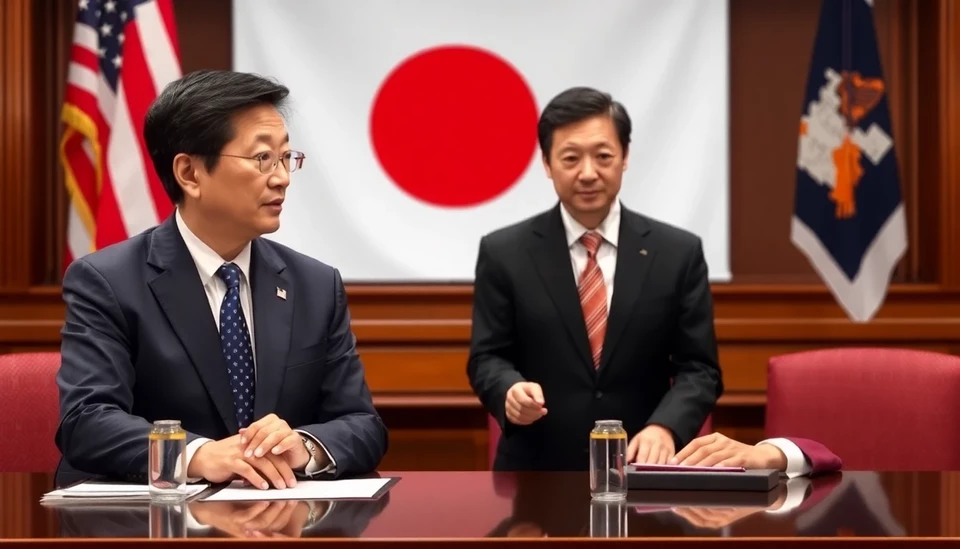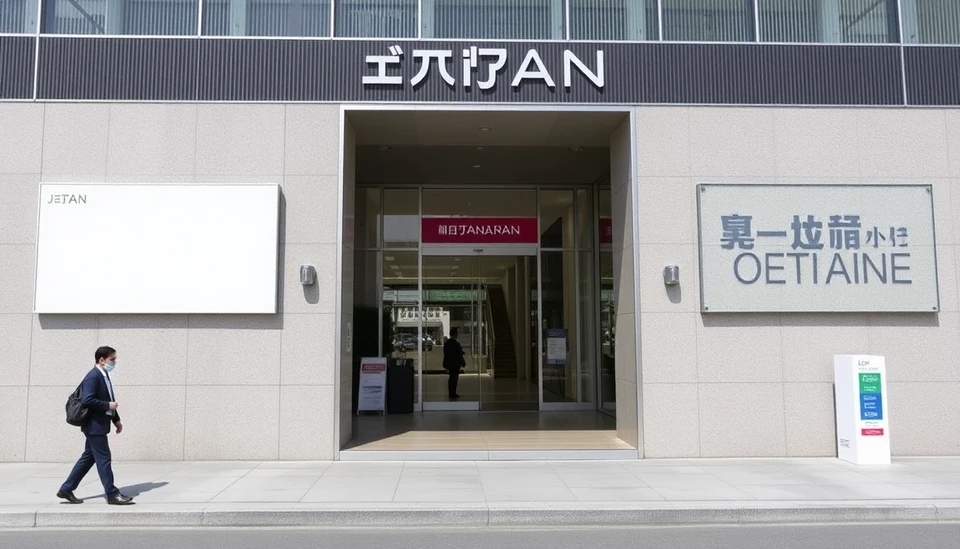
In a surprising turn of events, Japan's producer price index (PPI) has surpassed analysts' predictions, signaling rising inflationary pressures within the economy. Official figures released recently show that the PPI increased steadily, prompting speculation regarding potential interest rate hikes by the Bank of Japan. This latest development has raised concerns among economists and market watchers about the central bank's next moves in its financial policy.
The PPI rose by 3.5% year-on-year in November, outpacing the forecasted 3.2% increase. This uptick marks a significant contrast to previous months where inflation showed signs of easing. The persistent rise in production costs, particularly in industries like energy and raw materials, is contributing to the mounting inflation pressures that may force monetary authorities to rethink their ultra-loose stance.
One of the key factors driving this unexpected surge is the soaring prices of raw materials, which have been influenced by global market fluctuations. Energy prices, especially, have seen substantial increases, affecting operational costs for various sectors across Japan. Companies have been faced with the daunting task of either absorbing these costs or passing them on to consumers, which, in turn, could fuel a further rise in consumer prices.
As inflationary pressures build, speculation around the Bank of Japan's interest rate policies has become more pronounced. Investors are now closely monitoring signals from the central bank regarding potential changes to its monetary policy. Analysts suggest that if inflation continues on this trajectory, the Bank may have no choice but to tighten monetary policy sooner than previously anticipated.
Market responses to the news have been significant; the Japanese yen briefly strengthened against major currencies following the announcement, reflecting a shift in investor sentiment towards a potential tightening of monetary policy. Moreover, the stock market has also reacted, with shares of companies heavily impacted by production costs showing increased volatility.
In light of this development, economists emphasize the importance of closely watching subsequent economic data to gauge the sustainability of this inflation trend. The coming months will likely be crucial for the Bank of Japan as it navigates the challenges of rising inflation amidst global economic uncertainties.
In summary, Japan's latest PPI numbers highlight an escalating inflationary environment that could force the central bank to reconsider its long-standing accommodative monetary policy, particularly if the trends continue. This situation is not only critical for Japan’s economy but may also have broader implications for global financial markets.
As we move forward, stakeholders in the financial landscape will remain vigilant for any further indications from the Bank of Japan regarding its approach to interest rates in response to these inflationary pressures.
#Japan #ProducerInflation #BankOfJapan #InterestRates #Economy #InflationPressure #FinancialMarkets #YenStrength
Author: Daniel Foster




